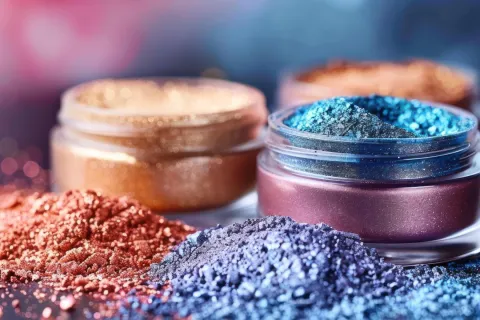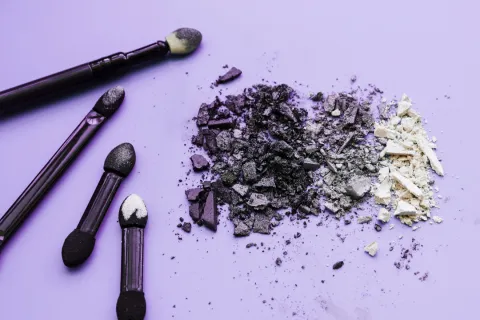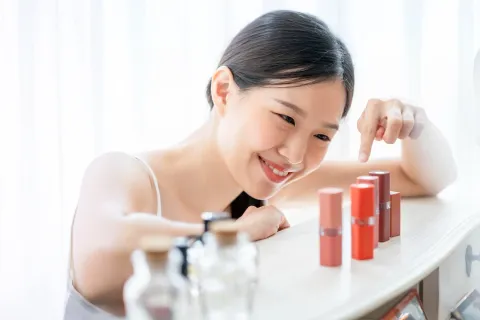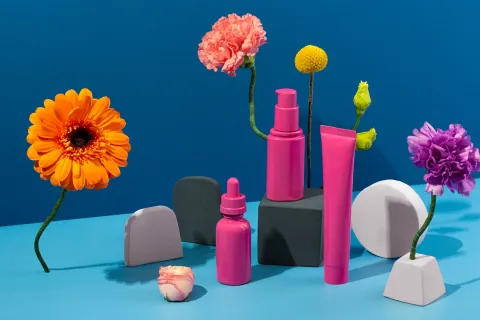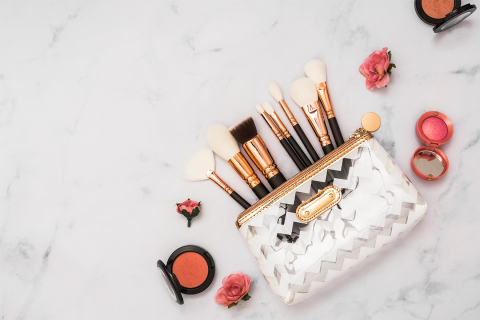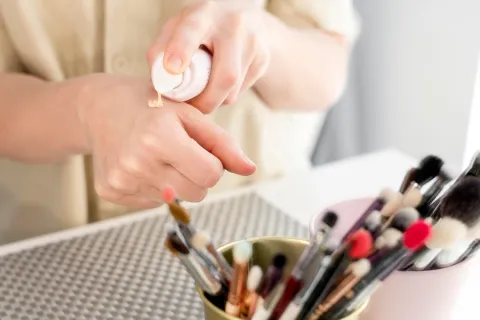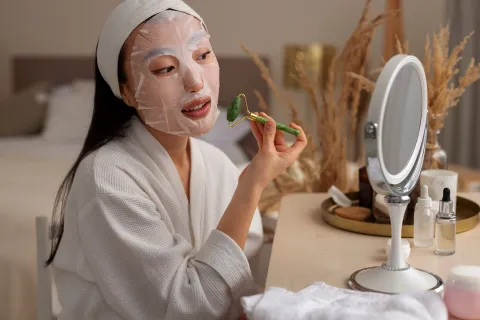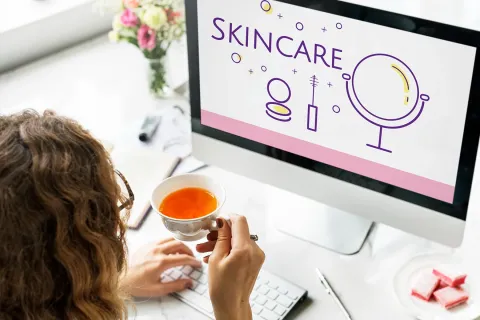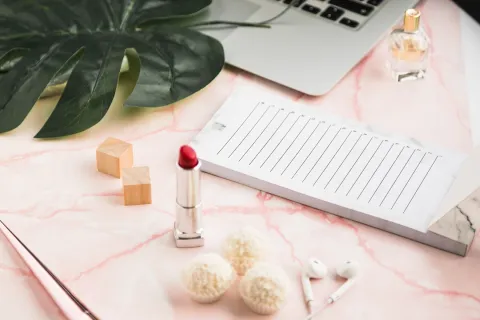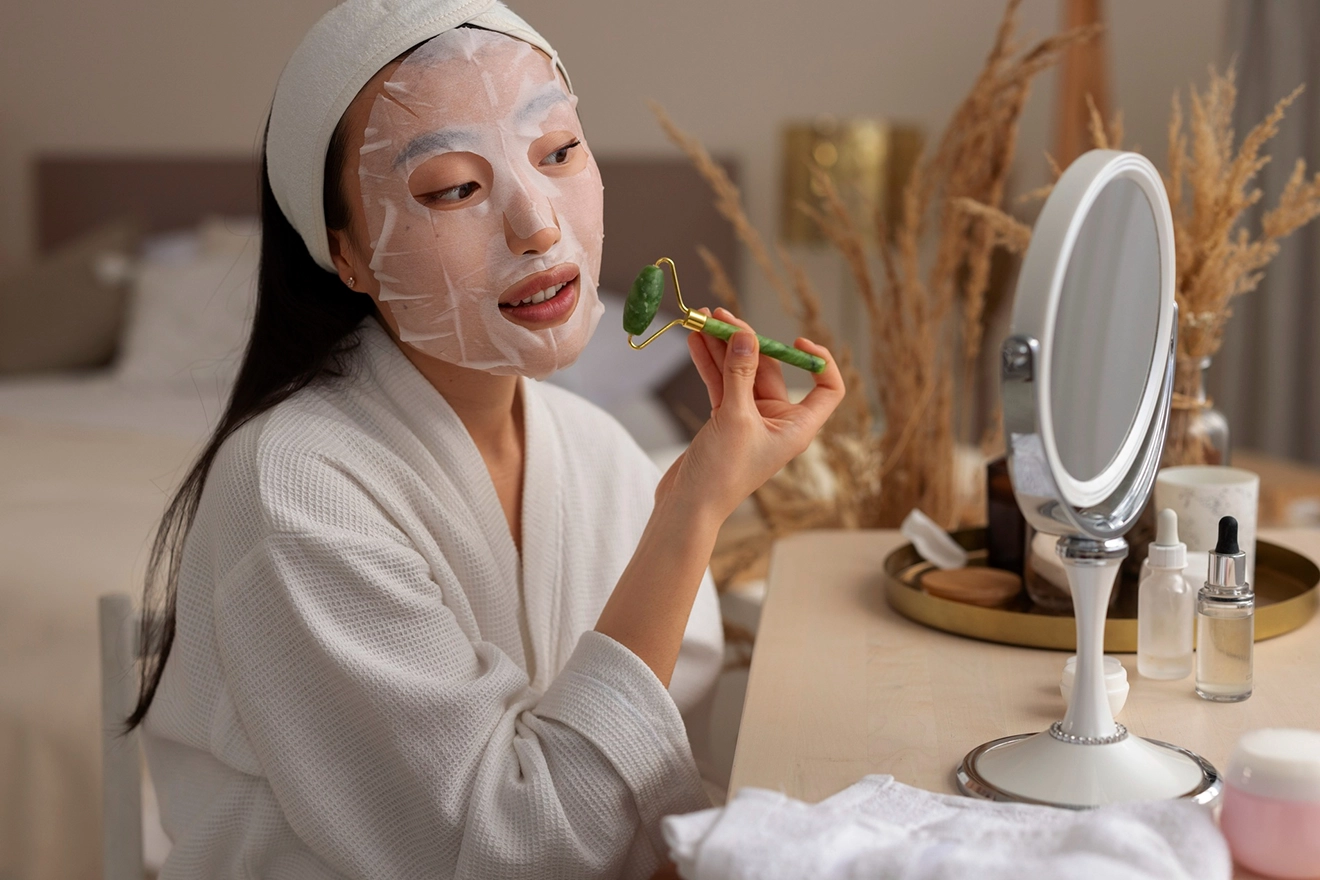
Global demand has exploded for K-beauty products in recent years - and for good reason! South Korea sets the gold standard for skincare & cosmetics innovation, everything from cutting-edge formulations to sleek packaging and trend-forward branding. But behind every viral serum or BB cream is a complex and comprehensive basket of manufacturer and compliance issues. That’s where OEM - Original Equipment Manufacturer consulting - in South Korea comes into play.
If you’re a brand or entrepreneur looking to launch K-beauty products, it is essential to understand the OEM process and its regulatory implications. In this blog, we will break down the end-to-end process of working with a South Korean OEM, including the essential Regulatory requirements you cannot afford to overlook!
What Is K-Beauty OEM Consulting?
K-beauty OEM consulting in South Korea is the professional services provided to beauty brands to develop, produce, and remain compliant with all regulatory requirements while manufacturing in Korea. OEM partners work with emerging and well-established K-beauty brands to efficiently (and legally) develop & launch custom K-beauty products onto the market.
OEM consultants can help you with
- Develop, produce, and manufacture custom formulas or white label products
- Navigate the entire production process from A-Z
- Meet regulatory standards for both local & international
- Be compliant with local regulations, including KFDA (Korea Food and Drug Administration) and other compliance regulations, and
- Packaging and labeling compliant with standards
Why South Korea is a Global OEM Hub for Beauty?
South Korea is a leader in innovation in skincare with:
- Advanced R&D labs.
- Fast turnaround times.
- Flexible MOQs (Minimum Order Quantities)
- Competitive pricing
- High regulatory standards
For companies wanting to build credibility and expand globally, 'Made in Korea' is more than just a label: it is a marketing point of difference.
The end-to-end process of K-Beauty OEM consulting
When you partner with a Korean OEM, the process typically goes like this:
1. Introductory Consultation and Product Planning
You will begin with an extensive consultation to clarify your product vision, intended market, ingredient preferences, packaging styles, and budget. The consultants will also work with you to explore trending formulations that meet K-beauty expectations.
2. R&D and Formulation
Once the product concept is established, the OEM partner will commence R&D. You will choose whether to use a stock or fully custom formulation. The focus is on efficacy, texture, skin compatibility, actives, etc. All formulations will be stability and safety tested.
3. Packaging and Design
OEM partners often provide in-house design services or partner with your design team. You will have many considerations to review to ensure the packaging is on-brand and compliant, which includes label translation, reviewing claims, and relevant regulatory icons (e.g., cruelty-free, dermatologically tested).
4. Regulatory Compliance
This is where working with a regulatory consultant is invaluable:
- KFDA Approval: OEM consultants ensure compliance with standard cosmetics production. If the client wishes to develop functional cosmetics — such as whitening, anti-wrinkle, or UV protection products — KFDA approval is required before product launch.
- Product Review: The consultant ensures all ingredients are approved by Korean law and used within usage limits.
- Labeling: Products must have Korean-language labeling indicating the expiration date, factory manufacturer information, and disclaimers related to function.
- CPNP & EU Compliance: If you export to Europe, the consultants can walk you through the EU's CPNP (Cosmetic Product Notification Portal).
- FDA Registration: OEM consultants help facilitate registration and MoCRA amendments for selling cosmetics in the USA.
5. Manufacturing & Quality Control
Once you have received all necessary approvals and finalized the prototypes, you will commence manufacturing. Your OEM consultant is responsible for all production lead times, quality control, and batch conformity.
6. Export Assistance & Documentation
The selected OEM company will prepare all necessary documents for export. OEM consultants will support you throughout the process
Regulatory repercussions: Why is compliance not an option?
Regulatory compliance is not a matter of choice. Non-compliance with South Korea's cosmetic regulations could delay your launch or cause a product recall. It will also impact your ability to export. Regulatory compliance builds consumer trust, helps you avoid issues with local authorities, and guarantees your product meets the safety claims you made.
Conclusion
Partnering with a South Korean OEM consultant is more than simply outsourcing; working with an OEM consultant is a worthwhile investment to ensure your K-beauty brand is compliant, ready for global markets, and innovative. Having the right OEM consultant means you can realize your vision of a K-beauty brand while comfortably navigating Korea's rigorous standards. If you are serious about launching your K-beauty brand, investing in the right OEM consultant is one of the smartest moves you can make.
